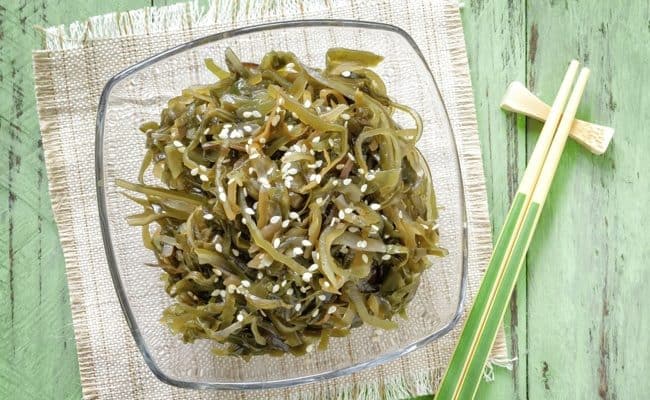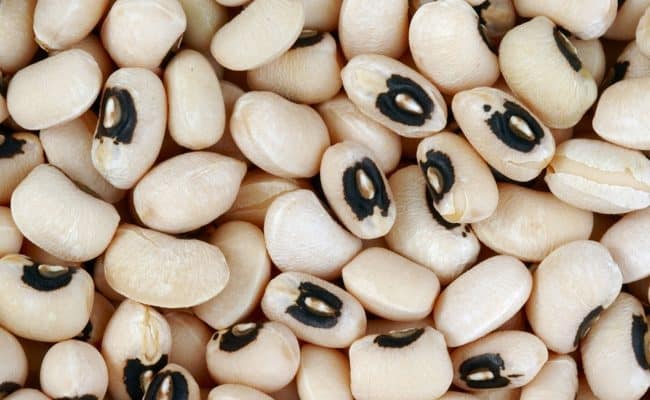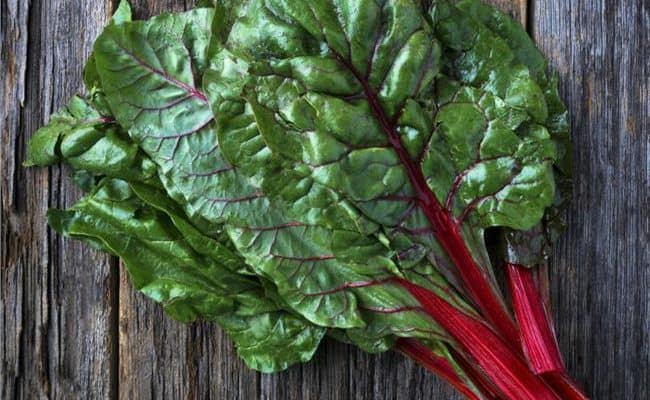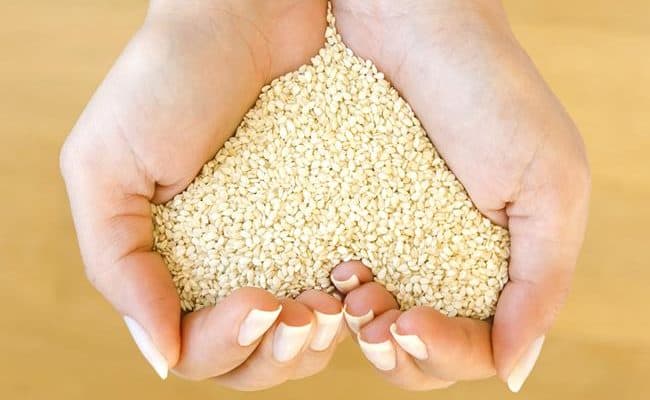
Nutrient dense foods are foods that provide a lot of nutrients (fiber, phytochemicals, vitamins, minerals, etc.) for a low number of calories. They are dense in nutrients for health but not dense in calories. This term is a way to describe what else you are getting from a food besides just calories. Examples of nutrient dense foods include fruits, vegetables, whole grains and lean proteins.
A typical Western diet is high in energy dense foods and can be low in nutrient dense foods. High energy dense foods include fried foods, packaged snacks, processed meats and refined carbohydrates.
Switching out energy dense foods for nutrient dense foods can have many health benefits.
Here is a list of nutrient dense foods and their health benefits.
Why nutrient dense foods matter
Nutrient density is a way to look further into the nutritional value of a food that’s more than just a calorie number. If a bag of chips has the same number of calories as an apple, they are calorically equal. However, they are not nutrient equal. The apple will be higher in nutrients compared to the chips for the same amount of calories, so the apple will have a higher nutrient density.
Eating a diet rich in nutrient dense foods can help lower risk for chronic diseases, reduce risk for obesity and improve nutritional status. Vitamins and minerals have many important functions in the body, and most health professionals agree that absorption of nutrients from food is best.
Phytochemicals are a broad category of compounds in plants that can have positive health benefits like preventing the formation of cancer cells. Nutrient dense foods are a good source of phytochemicals compared to energy dense foods.
Nutrient dense foods are a good source of fiber. Most Americans do not get the recommended fiber amount every day. Getting adequate fiber intake can help lower risk for heart disease, type 2 diabetes, obesity and improve digestive tract health.
Fruits and Vegetables – The Super Stars
Fruits and vegetables are nutrition super stars in most categories, and it is not surprising they are at the top of the list for nutrient density. They are almost always naturally low in calories and rich in providing numerous vitamins, minerals, phytochemicals and fiber.
Eating a many different kinds and colors of fruits and vegetables is a great way to get a variety of nutrients and diversify your phytochemical intake. For example, orange and yellow fruits and vegetables are rich in carotenoids, garlic and onions are rich in allyl sulfides and blue/purple fruits and vegetables are rich in anthocyanins. Different fruits and vegetables are also rich in different vitamins and minerals.
Grains and Legumes
Like fruits and vegetables, grains and legumes are also rich in phytochemicals, vitamin, minerals and fiber. In fact, grains and legumes are an excellent of both soluble and insoluble fiber. Grain products that include the bran and endosperm layer of the seed contain a rich source of insoluble fiber, vitamin E and B vitamins.
Look for whole grains in breads (i.e. whole wheat bread), brown rice, pasta (i.e. whole wheat pasta), cereals (i.e. oatmeal) or other grain products you use to replace refined grains.
Legumes are very high in soluble fiber which can assist in lowering risk for cardiovascular disease and type 2 diabetes. They provide a plant source of protein and iron as well. They are relatively low in calories; a half cup of beans provides about 100 calories.
Both grains and legumes are naturally low in fat, high in fiber and a good source of fiber, vitamins, minerals and phytochemicals.
Lean protein
Protein foods, like lean cuts of meat, eggs, soy or dairy products are rich in vitamins and minerals along with providing a good source of protein. With the exception of soy, protein foods are usually low in fiber but are rich in other nutrients like iron, zinc, B vitamins, calcium and vitamin D.
Health benefits of eating nutrient dense foods
The health benefits of eating nutrient dense foods are that it can help lower risk for many chronic diseases, such as heart disease, some cancers, type 2 diabetes, obesity and possibly others. They can also help with weight loss, as a diet high in nutrient dense foods means your overall calorie intake will naturally be low.
Some research suggests a nutrient rich diet is what may help keep the Okinawa population of Japan so healthy. The Okinawa population has a longer than average life expectancy and low occurrence of chronic diseases. Their diet is rich in fruits and vegetables and low in processed meat.
Conclusion
Nutrient dense foods provide a high amount of nutrients (fiber, vitamins, minerals and phytochemicals) for a relatively low amount of calories. Eating a diet high in nutrient dense foods is associated with many health benefits, and it can provide sources for nutrients that are commonly low in a typical Western diet.
References used in this article










